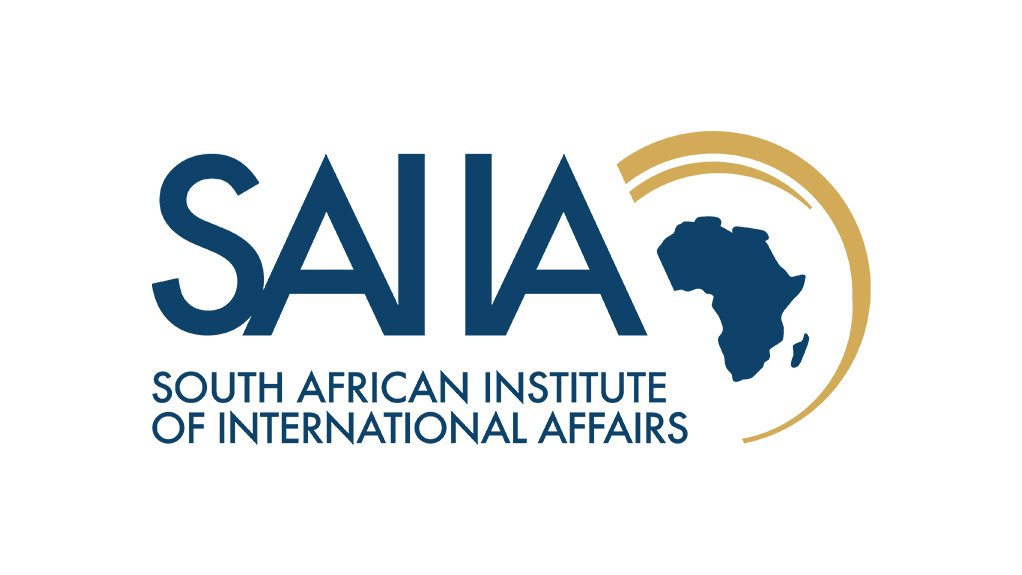There has been much talk of involving the private sector more meaningfully in ocean governance.
The private sector is adopting innovations to improve sustainability, and meaningful dialogue is taking place on strengthening ocean governance. However, there is no doubt that more can be done to promote effective partnerships between the public and private sectors.
The “High-Level Panel for a Sustainable Ocean Economy” has emphasized that sustainability of the oceans can be achieved, “only if best practices are applied in both the public and private sectors, and where productive partnerships between the two are encouraged and advanced”. In our own region, the Nairobi Convention programme of work has similarly emphasized the importance of collaboration with the private sector.
Clearly, the intent is there. Why then, the lacklustre progress? Back in 2020, the Nairobi Convention Secretariat worked with a team to explore this question, and also offer a framework through which these challenges can be addressed.
Before going further, ask yourself, “What picture comes to mind when you think about the private sector?” Glitzy hotels on the shorefront, an international energy company drilling for oil, or hulking trawlers scooping up fish by the tonne?
These are indeed private sector stakeholders but so are the local entrepreneurs offering guided tours, the ramshackle beach restaurants buying their seafood from local fishers, and the ecolodge with impactful environmental and social programmes.
Perceptions can be shaped by our biases and impede effective collaboration
This thought exercise illustrates two points: that the private sector is incredibly diverse across scales (from micro-entrepreneurs to global corporate behemoths) and across industries; and that our perception of stakeholder groups can be shaped by our worldviews and biases in ways that can impede effective collaboration.
If we see the private sector as inherently rapacious and profit-obsessed, that mistrust can colour our engagements with them. It cuts both ways; where private sector stakeholders see governments as uniformly inefficient and corrupt, and nongovernmental organizations as out-of-touch moral crusaders, the likelihood of effective partnerships being formed is slim.
Lack of trust a notable barrier to partnerships
The team exploring partnerships with the Nairobi Convention was able to ask private, public, and civil society stakeholders about these issues, and it was clear that a lack of trust, while not uniform across all respondents, was nevertheless a notable barrier to a partnership.
There were other barriers too: the private sector is often seen as merely a source of funding by other stakeholders, and there is often a lack of common goals and vision among stakeholders involved in partnerships.
Rather than get caught up in the many barriers to effective partnership, it is perhaps best to focus on what is necessary to address the problem. In essence, this is what is laid out in the “Strategic Framework for Private Sector Engagement in the Western Indian Ocean”, the outcome of the Nairobi Convention process we have been referring to.
The essence of it is that there is a need to shift towards partnerships that offer mutual benefits to all actors involved. Partnerships require time and resources, and private sector actors need to be able to justify the commitment of such resources to both internal (senior management, company boards, and so on) and external stakeholders.
Strategic Framework lays out a structured process
Another important area to focus on is shared problem-solving. Too often, private sector actors are only approached once a project is already underway. We must also recognize that not everyone will have the time, resources, or inclination to join a particular initiative. In some cases, we may work with individual companies, in others, working through industry associations might be more appropriate. Sometimes our partnership will be particularly relevant to a specific industry, and other times we will want to work across industries.
The Strategic Framework lays out a structured process through which to consider these issues. It is an extremely valuable resource and we encourage you to make use of it and share it through your networks.
Supporting an inclusive and sustainable Blue Economy
Many in the region will already be aware of the “Our Blue Future” initiative. This regional multistakeholder initiative places great emphasis on supporting an inclusive and sustainable Blue Economy in our region, and from day one has been explicit about the need to involve the private sector. It is very encouraging to see some of the ideas in the Strategic Framework finding their expression in such an important regional initiative.
There is a lot that can be done and we should all be exploring opportunities to build partnerships, big and small. Our own work on marine and coastal ecosystem-based adaptation has underscored the need for stronger partnerships in this area. The private sector is already involved, for example, through blended financing mechanisms such as the Global Fund for Coral Reefs.
The tourism industry also provides an opportunity for private sector investments in marine restoration. We are exploring these themes through our community of practice on marine and coastal ecosystem-based adaptation, which we would encourage you to join.
Research by Alex Benkenstein & Hannah Sack
The views expressed in this publication/article are those of the author/s and do not necessarily reflect the views of the South African Institute of International Affairs (SAIIA).
EMAIL THIS ARTICLE SAVE THIS ARTICLE ARTICLE ENQUIRY
To subscribe email subscriptions@creamermedia.co.za or click here
To advertise email advertising@creamermedia.co.za or click here











